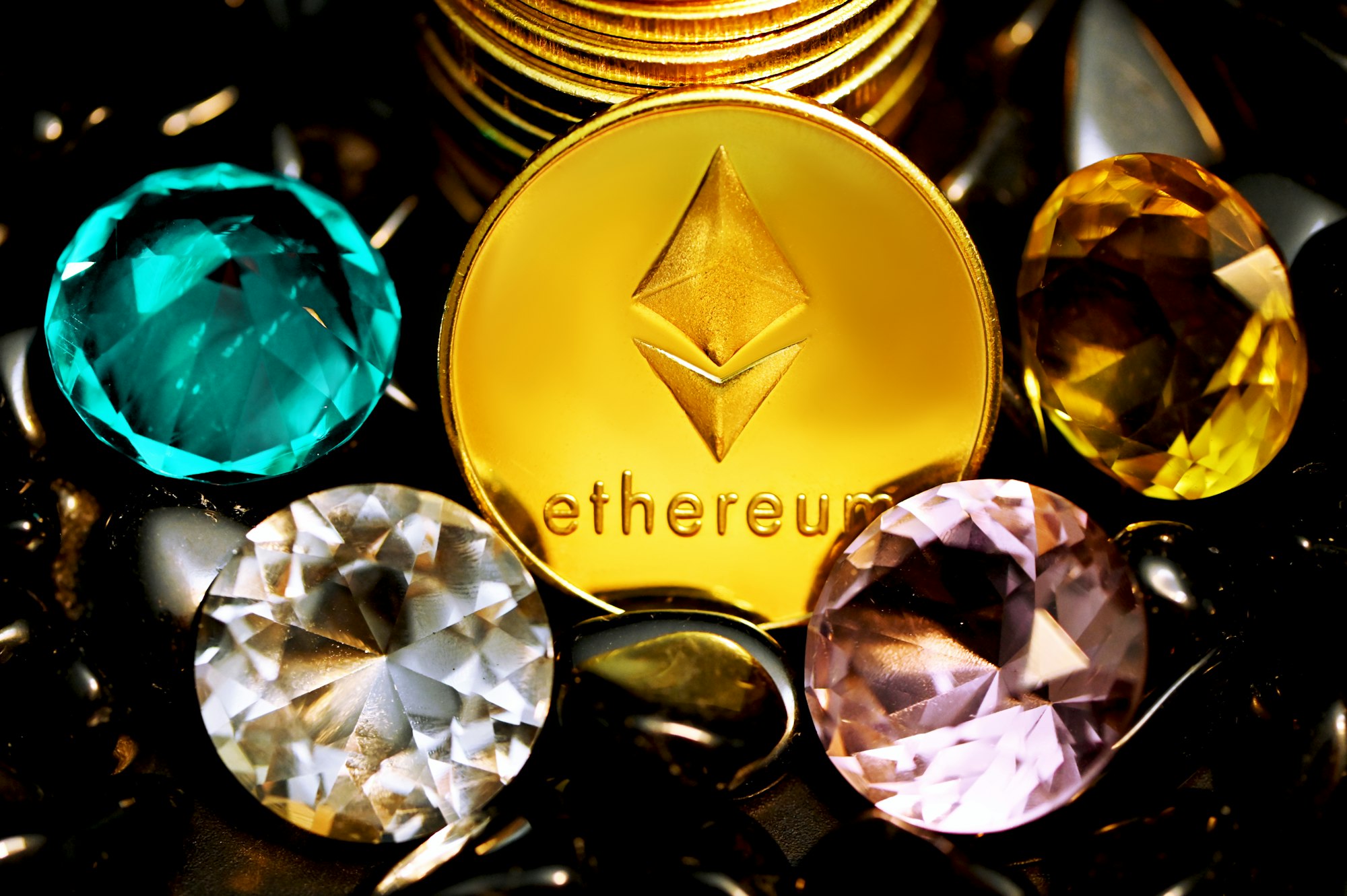According to industry experts, the Ethereum Merge will impact enterprise adoption for business use cases.
The research highlights how the Ethereum network has developed into one of the most valuable public blockchains, from supply chain management to use cases to payment solutions used by businesses like Visa and PayPal. The EEA research also notes that businesses have faced various issues due to the Ethereum ecosystem's explosive expansion, particularly those relating to energy use, scalability, and privacy.

The document says that the openness associated with a public blockchain like Ethereum has been a barrier for businesses seeking data security and trust, adding that sustainability was mentioned as one of the primary concerns along with transaction fees regarding adopting Ethereum Mainnet. Businesses using the Ethereum network still need L2 scalability solutions despite advancements like sharding and Layer-2.
Although many Layer 2 solutions and sidechains are very new projects with relatively new technology, they do not necessarily have the track record or proven security and stability of the Mainnet, making it challenging for businesses to navigate the complexity of such implementations.
According to industry experts, the Ethereum merger is expected to improve enterprise adoption and alter how businesses view Ethereum. Competing Layer-1 networks argued that Ethereum couldn't complete the Merge. Still, the Merge has been under development for several years and is regarded as a crucial milestone for businesses using the Ethereum network. Consequently, it would be incorrect to assume that Ethereum won't receive much attention in the future following the Merge.
Shifting the Ethereum network from proof-of-work (PoW) to proof-of-stake (PoS) was the first step in enabling shard chains because sharding is the act of splitting up a database, or in this case, the blockchain, into various smaller chains known as shards. It is still too early to tell how businesses will respond to the merger. As enterprise clients consider supply chain applications that will require support for 2-20 million transactions per day, which pre-merge could not provide, this will reduce network congestion and boost transaction throughput, which will be critical for adoption.

Regarding privacy, The Merge for Institutions notes that L2 solutions address privacy issues for businesses as there are more L2s, improving the privacy mechanisms available for commercial use cases. For instance, Nightfall, a zero-knowledge proof L2 scaling solution, manages Ethereum gas limits and maintains low fees. In contrast, numerous strong L2 networks allow various possibilities for businesses that may even need more gas and larger transactions.
To manage unique supply chain inventory levels across a multi-company network on Ethereum, for example, one may mint a token for each piece of inventory rather than one token representing a batch of products and providing origin information. When the Merge is implemented, scalability, privacy, and sustainability issues will also be resolved. Because of Merge's 99% reduction in energy consumption, Ethereum will be much more sustainable in the long run, which also increases network security and addresses an environmental issue, which is overall good news for institutional adoption.
Due to the network's development and the fact that the main criticism of sustainability has been removed, The Merge is likely to increase enterprise interest in Ethereum. Even though it only adds a basic layer of security, things are now pointing toward a closer enterprise review sooner rather than later.







